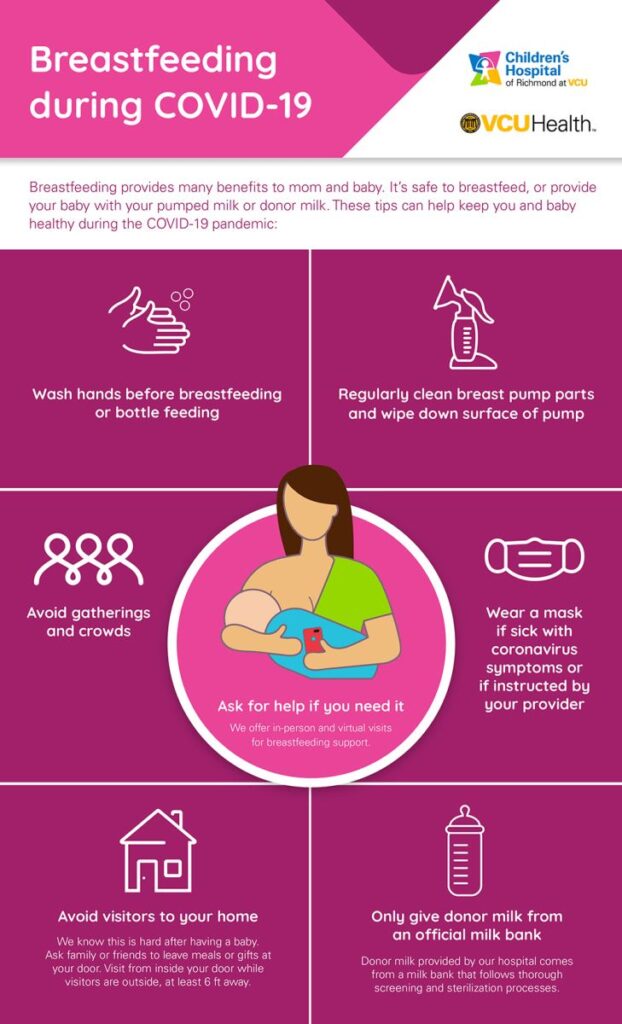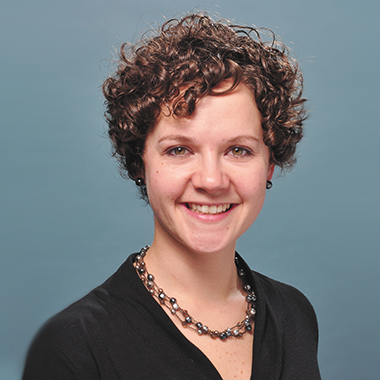A: There is no evidence that SARS-CoV-2 infection can pass to babies via breastmilk with NEW findings to suggest breastmilk in mothers who have had Covid-19 contains specific SARS-CoV-2 antibodies. Insert tiny happy dance here.
A recent study of breastmilk in 15 women who had recovered from Covid-19 found specific antibodies to the virus in all samples. The antibodies were specific to the SARS-CoV-2 spike protein and not present in breastmilk samples obtained before the pandemic. The antibodies passed in breastmilk are most consistently IgA, one component of an immune response. Most samples exhibited a secretory protein required to activate the immune system via the mucosal lining in the mouth, lungs, and gut. This early evidence is promising news for mothers experiencing Covid-19, children consuming breastmilk, and maybe others.
The immunoglobulins found in breastmilk act differently than those found in the blood. Similar to convalescent plasma studies, breastmilk could potentially contribute to new treatments for Covid-19 activated in mucosal linings instead of the bloodstream. This study opens the door to new avenues of research, with future studies needed to look at a larger sample of participants over a longer period of time.
Newborns and infants CAN be infected with SARS-CoV-2 through the same pathways as adults – droplets of infected saliva entering the mouth, nose or eyes of a baby. For this reason, it remains important to maintain SMART precautions to prevent the spread of infection to mothers and babies. Breastfeeding through Covid-19 infection is possible and could provide important benefits to mother and baby, including those shared antibodies.
Additional Reading
Summary of new study on breastmilk SARS-CoV-2 antibodies
Breastmilk antibody study by Alisa Fox, Rebecca Powell, and colleagues
American Academy of Pediatrics recommendations on breastfeeding during Covid-19 infection

Photo Credit: Children’s Hospital of Richmond


